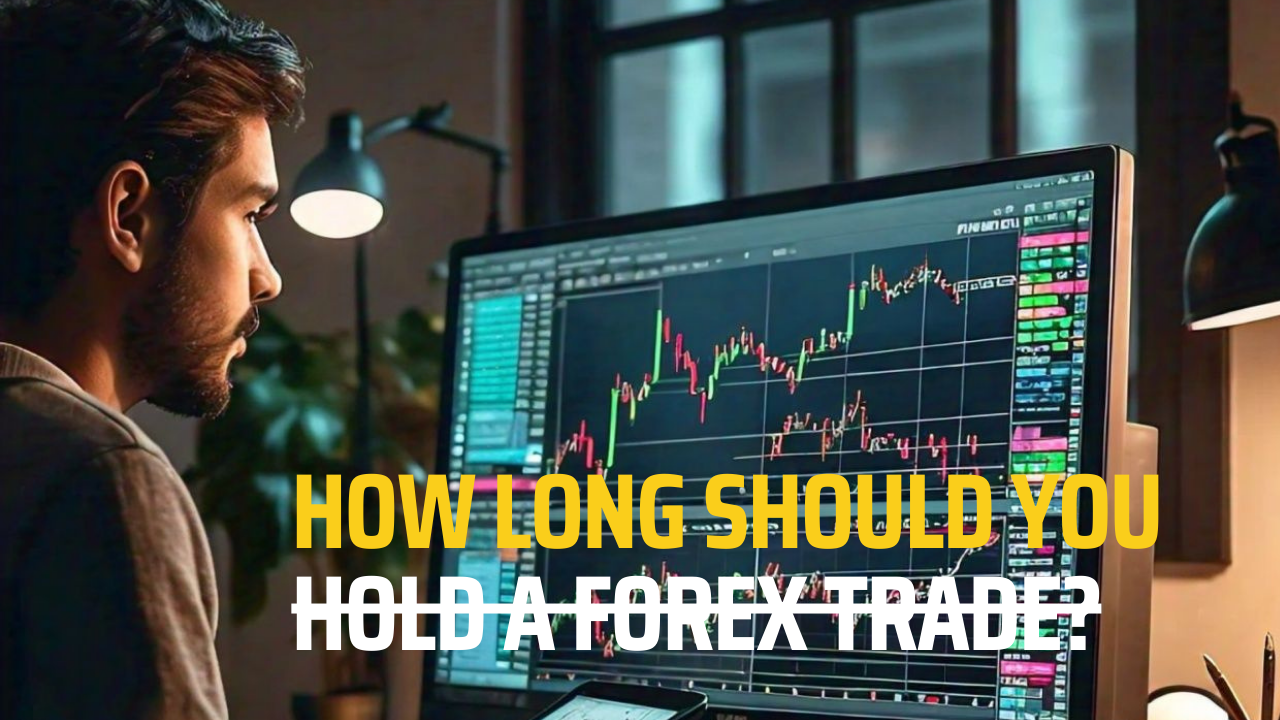
Introduction
One of the most common questions among forex traders is, “How long should I hold a trade?” The answer isn’t straightforward and often depends on various factors, including trading strategy, market conditions, and individual preferences. In this comprehensive guide, we’ll explore the different factors that influence the duration of forex trades and offer practical tips to help you determine the optimal holding period for your trades.
Understanding Timeframes in Forex Trading
Before delving into the duration of trades, let’s first understand the concept of timeframes in forex trading.
Timeframes refer to the duration over which price data is plotted on a trading chart. Common timeframes include:
Short-Term Timeframes
These timeframes typically range from minutes to hours and are favored by day traders and scalpers who seek to capitalize on short-term price fluctuations.
Medium-Term Timeframes
Medium-term timeframes range from hours to days and are often preferred by swing traders who aim to capture price movements over several days or weeks.
Long-Term Timeframes
Long-term timeframes extend from weeks to months or even years and are favored by position traders and investors who take a more macroeconomic view of the market.
Factors Influencing Holding Periods
Several factors influence how long you should hold a forex trade:
Trading Strategy
Your trading strategy plays a significant role in determining the holding period of your trades. For example, scalping strategies involve entering and exiting trades within minutes, while long-term investing strategies may involve holding positions for months or years.
Market Conditions
Market conditions, including volatility, liquidity, and trend strength, can influence the optimal holding period of a trade. In highly volatile markets, shorter holding periods may be preferable to minimize risk, while in trending markets, longer holding periods may yield higher profits.
Risk Management
Your risk tolerance and capital management strategy also impact the duration of your trades. Traders with a low risk tolerance may prefer shorter holding periods to minimize exposure to market fluctuations, while traders with a higher risk tolerance may hold positions for longer periods to maximize potential profits.
Economic Events
Major economic events, such as central bank announcements, economic data releases, and geopolitical developments, can cause significant price movements in the forex market. Traders may adjust their holding periods around these events to avoid excessive risk or capitalize on trading opportunities.
Determining Your Holding Period
While there is no one-size-fits-all answer to how long you should hold a forex trade, here are some practical tips to help you determine the optimal holding period for your trades:
Define Your Trading Goals
Before entering a trade, clearly define your trading goals, whether it’s to capture short-term profits, ride a trend, or invest for the long term. Your trading goals will influence your holding period and overall trading strategy.
Adapt to Market Conditions
Monitor market conditions closely and adjust your holding period accordingly. In volatile markets, consider shorter holding periods to reduce risk, while in trending markets, consider holding positions for longer to maximize profits.
Use Technical Analysis
Technical analysis tools and indicators can help you identify potential entry and exit points for your trades. Pay attention to key support and resistance levels, trend lines, and chart patterns to determine the optimal holding period.
Stay Informed
Stay informed about economic events and news that could impact the forex market. Be prepared to adjust your holding periods around major announcements or unexpected developments to manage risk effectively.
Conclusion:
Determining how long to hold a forex trade is a crucial decision that depends on various factors, including your trading strategy, market conditions, risk tolerance, and trading goals. By understanding these factors and applying practical tips, you can optimize your holding periods and increase your chances of success in the forex market. Remember to remain disciplined, adapt to changing market conditions, and continuously refine your trading approach to achieve your desired results.
Read More to Visit Fintecmarkets.com
0
